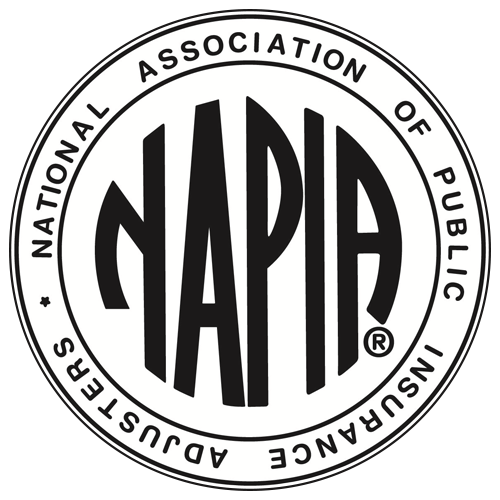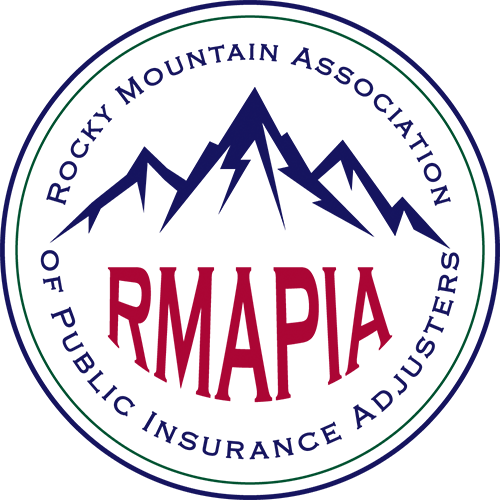
Recorded Statement VS Evaluation Under Oath
Sometimes insurance claims are not clean cut. Oftentimes the adjuster will have questions that you might feel are invasive. In some claims there is a recorded statement or an evaluation under oath. We typically see this for fire or theft claims. The purpose of a recorded statement or an evaluation under oath is for the insurance company to gather information related to you and your insurance claim.
A recorded statement is usually conducted by the insurance staff adjuster. This is generally a list of questions the adjuster goes through with you while the conversation is being recorded. You do not need an attorney or public adjuster for this. However, we recommend consulting a public adjuster so that you are prepared for the types of questions and how to answer them to not harm yourself or your insurance claim.
An evaluation under oath (EUO) is generally conducted by an attorney for the insurance company and recorded or transcribed by a court reporter. We recommend you have your own attorney for this. An evaluation under oath is exactly that, under oath. You must be truthful in the information you provide as it can be used in legal proceedings should your insurance claim go that route. Your attorney will help prepare you for the types of questions that will be asked and will be present for the EUO to keep the questions claim related. EUOs happen because the insurance adjuster has concerns with claim coverage and need certain information to make their determination.
While both of these can seem frightening, they are meant to gather information and investigate insurance claims. Recorded statements are more common to occur whereas an EUO could mean the adjuster needs clarification on parts of the claim or they are suspicious of fraudulent activity. If an insured is found to be involved with causing the loss to occur, the claim will be denied and the insured could face criminal charges.
If your adjuster has requested either one of these, call your local trusted public adjuster to guide you through this process.
Tags: independent adjuster, insurance adjusters, Public Adjuster, public insurance adjuster



